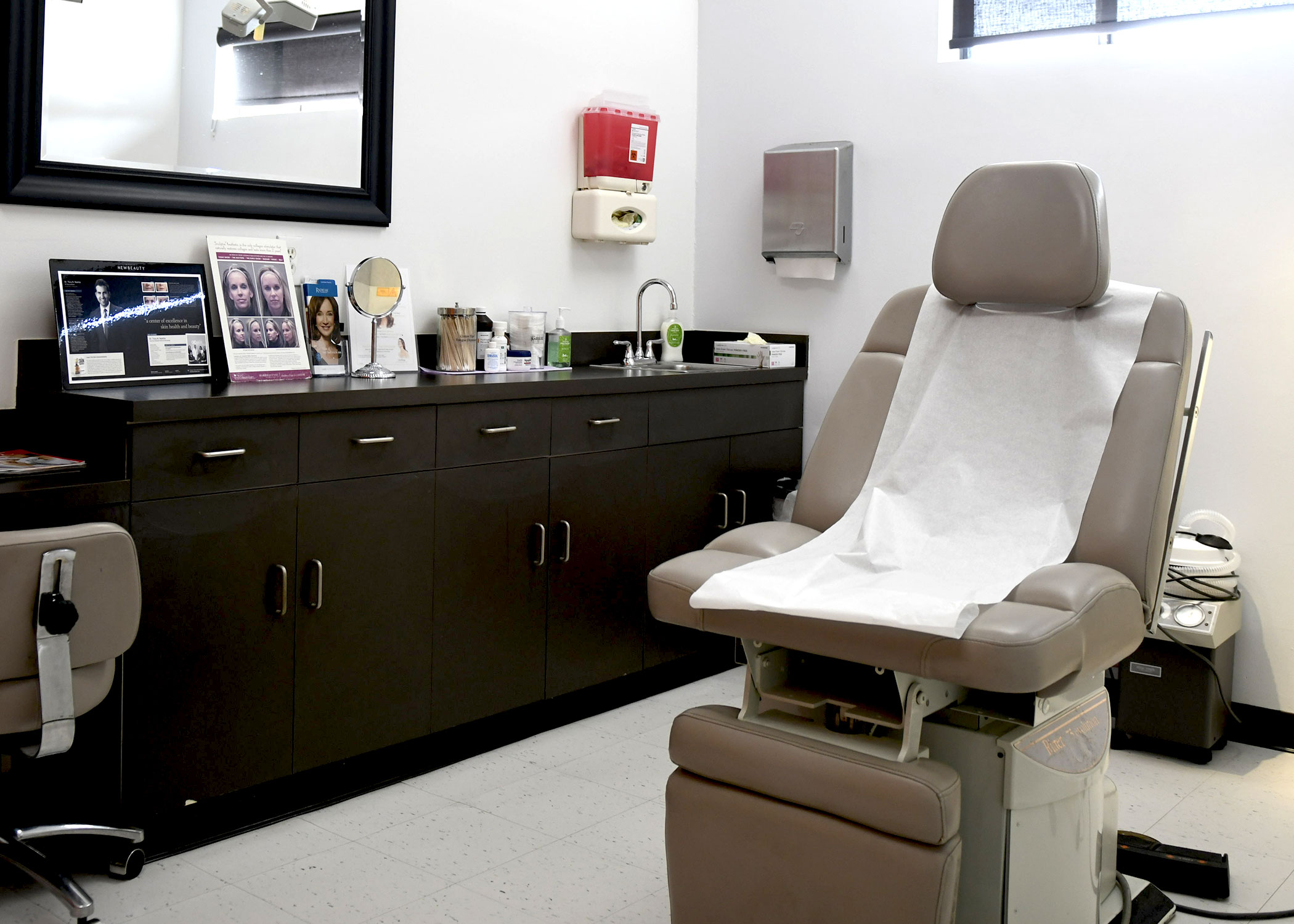A hemangioma is an abnormal growth of blood vessels on the skin. The appearance of hemangiomas varies greatly. They may be raised or flat, and red or dark purple in color. Most hemangiomas are very small, but in extreme cases they can cover a large area of skin. They generally become apparent a few days after birth, although they may appear with old age as well.
Even though hemangiomas can result in complications, the majority of them are harmless and often disappear on their own. However, they can be aesthetically displeasing for the patient and may lead to self-image problems. Fortunately, expert dermatologists have developed several innovations in re-cent years that allow the appearance of hemangiomas to be greatly reduced. It is best to treat the hemangioma during infancy to minimize the risk of complications.
Types of Hemangiomas Affecting Toddlers, Babies and Children:
Superficial hemangiomas are the most common form of hemangioma. They are characterized by a raised patch that is normally bright red and may have a textured appearance. This type of hemangioma typically fades by the age of 7. Deep hemangiomas may take several months to become apparent. They have a bluish color similar to a bruise. A non-involuting congenital hemangioma is fully formed and apparent at birth and does not shrink as the child gets older. A rapidly involuting congenital hemangioma is also fully formed at birth but shrinks during the child's first year of life. Click here to learn more about the signs and symptoms of hemangiomas affecting young children and newborns.
Treatment options for hemangioma
A common treatment for hemangioma is corticosteroids, either injected directly or taken in pill form. Beta blockers may be administered in pill form by a dermatologist as well. Laser technology is also fre-quently used for treating hemangiomas. This treatment is very safe and results in a greatly reduced appearance. Multiple sessions are usually required to successfully treat hemangiomas. Consult with a dermatologist to find out what type of hemangioma treatment is right for you.


